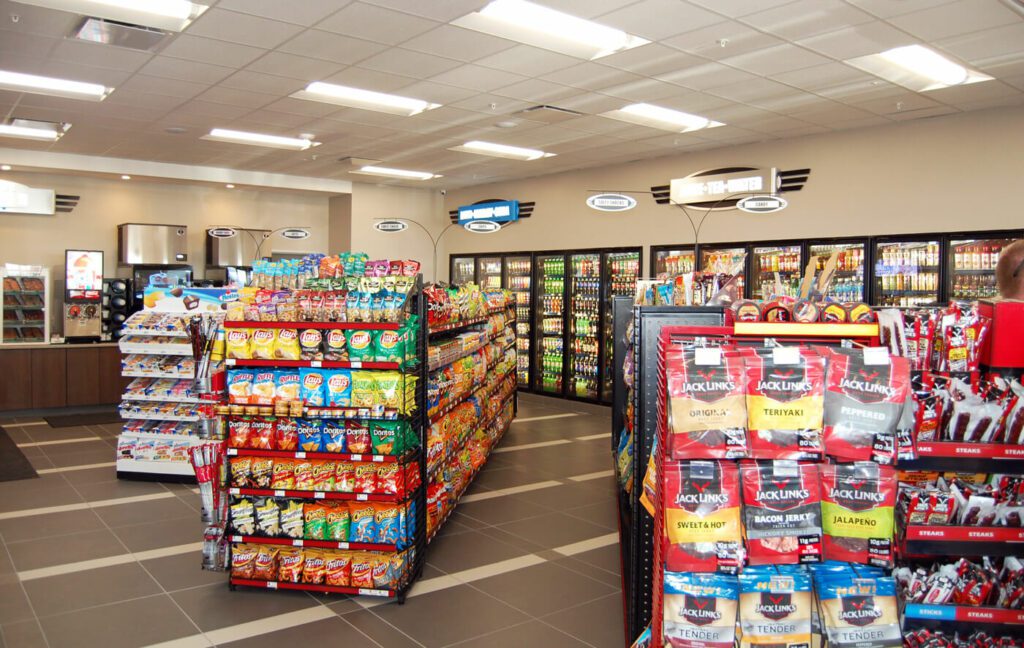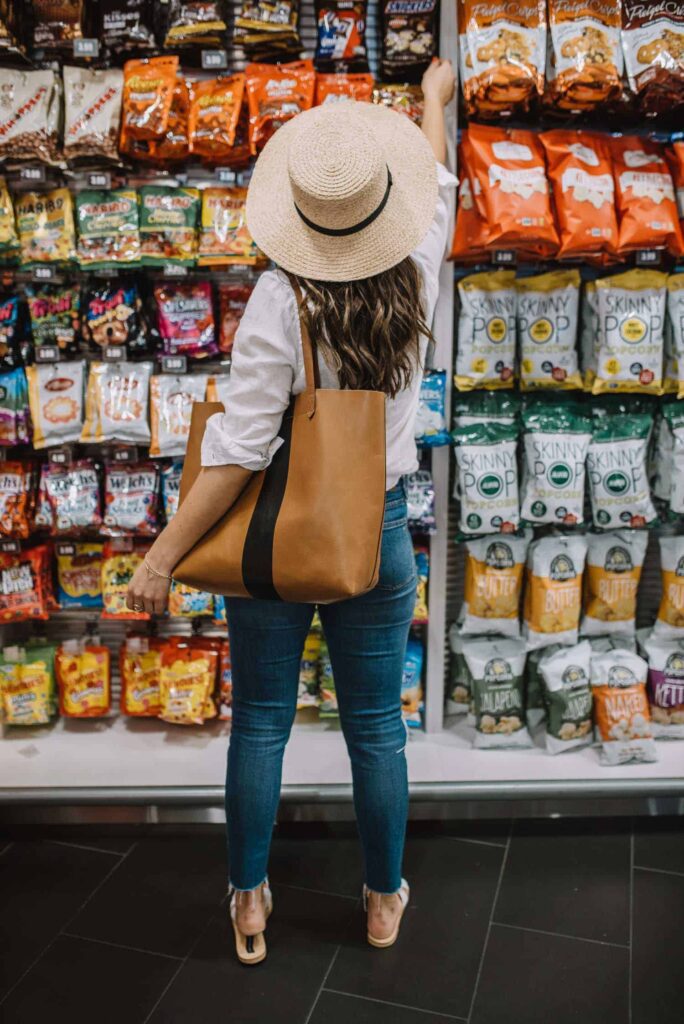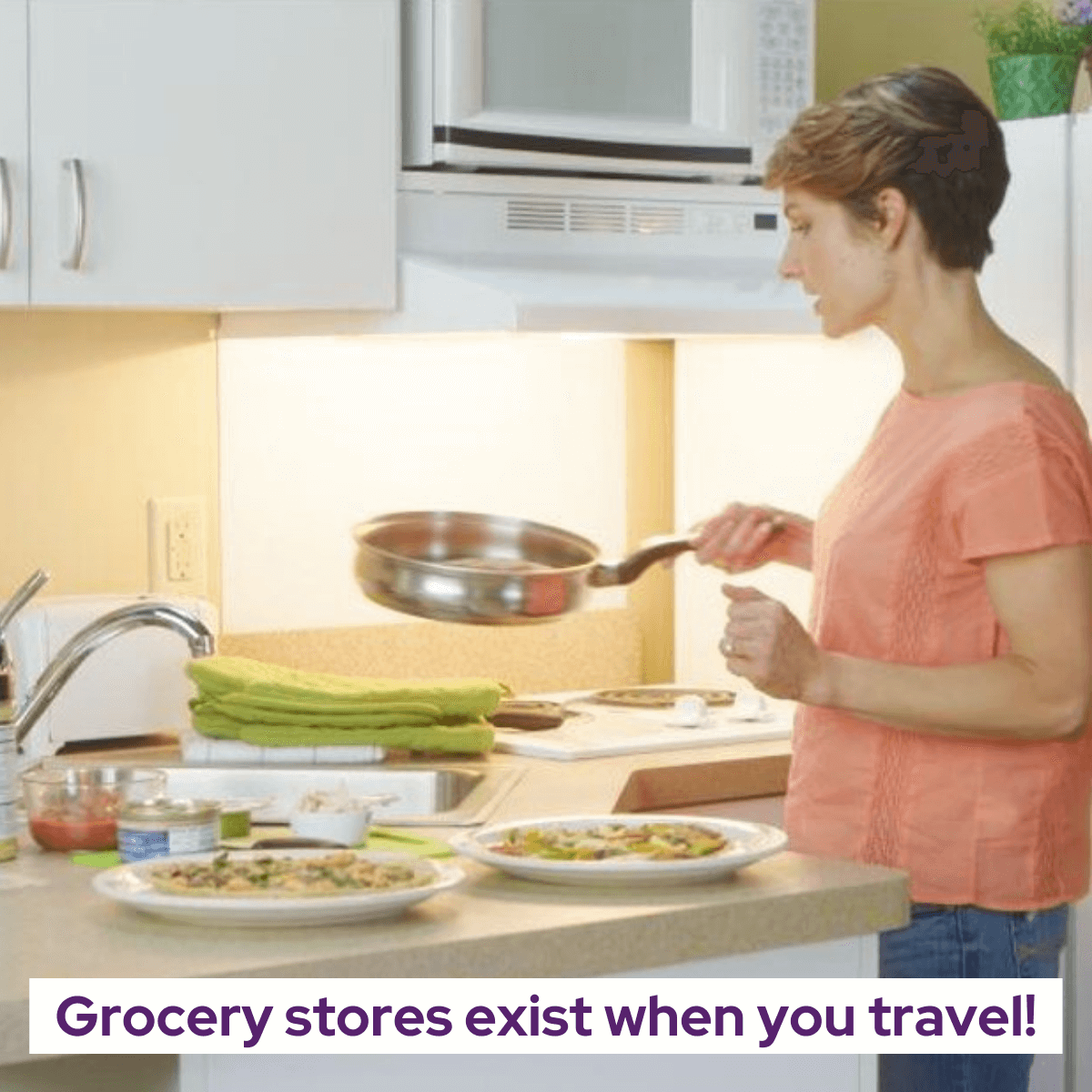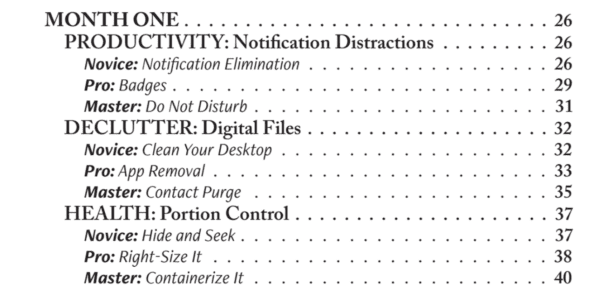Would you rather listen instead? Click here for a the 10-minute audio recording
With business travel gearing up again, it's time to rethink your travel wellness policies and business travel nutrition. Throw out everything you know, start from scratch, and make health a priority. This is part one of a three part-series on rethinking travel wellness. Part Two covers movement, and Part Three covers mindfulness.
Travel managers are starting to survey their staff to determine their comfort levels with getting back on the road. Policies have been written and rewritten with a new respect for personal protective equipment, personal wellbeing and comfort levels, and the cost of travel itself. But what have you changed about travel wellness? This is the best time to completely redo the perks, benefits, and necessities of road warriors.
Heavy business travel without some level of discipline and willpower isn't healthy or sustainable. Eventually, your body may get used to going on less sleep, eating chemically concocted vending machine delicacies, and skipping your workouts. Still, it could result in chronic disease, low energy, and lackluster performance. And all those things lead to a decrease in decision-making and cognitive deficits.
I recommend holding two focus groups with your travelers. The first can be with your seasoned travelers who may have gotten used to being at home and aren't so excited about going back out again. Ask them what they would like to see differently about business travel policies and perks at your company.
The second focus group is for your newer travelers or the people you've hired since the pandemic started. What do they see as important? Because they don't have a paradigm to break or an ingrained orthodoxy about what is permissible, you may be surprised at what is expected and their ideas. The younger generations will not wear road warrior lifestyles as a badge like the older generation (and I include myself here in that one). They are more concerned with their health and staying connected on the road. They won't want to give up their weekends catching up from being gone all week, just to do it all over again. They will be more likely to want to see the city they are visiting rather than holed up in their hotel working until they fall asleep on the bed with their device by their side.
I've come up with a few ideas to add to your benefits that will be attractive to new hires, increase retention, improve productivity, and above all, keep your travelers healthy.
Discuss Guardrails
Guardrails keep us safe. When I'm driving around a mountain, I like having that guardrail there. When I'm walking across a bridge, I feel much safer with a rope or fence if I lose my balance. Asking your travelers to think about how much they want to travel and under what circumstances to stay healthy is essential. Will they always be able to get their wish? Of course not, but being mindful about what sucks their energy and what keeps them at the top of their game or feels safe is an important exercise. Here are some examples of my guardrails:
Marcey's Guardrails
- Ideally, arrive at my destination before it's dark or before 6pm. I'm not eating dinner super late at the hotel, which affects my sleep and makes me feel less-than-stellar the next day.
- Ideally leave at 8am or later because I can get in a workout before I go.
- Ideally, stay at a hotel with a kitchen.
- Present virtually for a lower-paying engagement unless I can schedule back-to-back engagements.
Eating on the Road
Delivery Services:
A year of ordering take-out has made DoorDash, Postmates, Grubhub, and Uber Eats part of our main bookmarks. Sign up for a corporate account and make it easy for your travelers to order ahead and have delivered to where they're working or to their hotel. Benefits:
- Less time spent waiting in line or for the check at restaurants
- Leftovers can easily be stored in a hotel fridge
- Easier accounting because it's one vendor instead of multiple restaurants.
- People who peruse a menu online before they go to a restaurant tend to make a healthier choice!
Grocery Stores:

When people drive more than 25 miles from their homes, they forget that grocery stores exist. Not only is it cheaper than eating three meals at restaurants, but the traveler is also more in control of their calories and portions. They can eat more like they do at home (instead of eating like they're on vacation).
Staying at a hotel with a kitchen can be a mega health hack for people who want to lose or maintain their weight or have special diets. Three of the companies I worked for did not allow me to buy food at grocery stores. I had to get approval two levels up, even when I was somewhere for three weeks! It is so ridiculous it makes my hands turn to fists. Did they think I was going to stuff my suitcase with canned salmon and oatmeal to take home with me? Even if I did, it would still be cheaper than going to a restaurant for all my meals. Let's reconsider.
Benefits:
- Cheaper for the company and fewer transactions.
- Time spent driving to restaurants, ordering, and waiting for the check multiplied by how many times a day they are eating out is costly.
- The traveler has control over what they eat and how much.
- People with food restrictions, digestive issues, or autoimmune diseases (like me!) can know exactly what they are eating. No one wants to spend time doubled-over in pain, on the toilet or scratching an itchy rash (especially when traveling!)
Subscription snack boxes:

It's typical now for offices to have some kind of coffee bar and complimentary snacks. Your road warriors may not be in the habit of planning ahead for energy dips, no snacks on the plane, or unpredictable hangry attacks. What if you recognized their challenge of business travel nutrition and eating on the road with a subscription snack box delivered to their door every month with the reminder to put them in their suitcase? There are several healthy snack box service options, and it will give them the awareness to think about what types of things they are grabbing to go.
I would love it if all hotels let you put on your preferences whether you want the sugary snacks, soft drinks, or alcohol in your room. These are emotional decisions for many people, and if they are there, they'll eat them. When was the last time you went to bed at night at home, and there were Oreo's beside your pillow? Kudos to Hilton Hotels for allowing you to set these preferences for each of their hotels in their app. It's not perfect, but it's a great start.
Benefits:
- Healthier grab-n-go energy choices.
- Better portion control than the giant bags in airports.
- Provides awareness about the quality of their food.
Business travel can result in pound packing and is loaded with counterfeit energy. Who doesn't eat more sugar, drink more caffeine and alcohol, and eat larger portions when they travel?
What is one thing your company or travel program can do to promote healthier eating on the road for your business travelers?
At RaderCo, we have specialists who can help navigate the tricky area of business travel nutrition, even for those with food allergies and special needs. Please reach out for workshops or private coaching. You can also get more ideas from the book Beyond Travel: A Road Warrior's Survival Guide.


